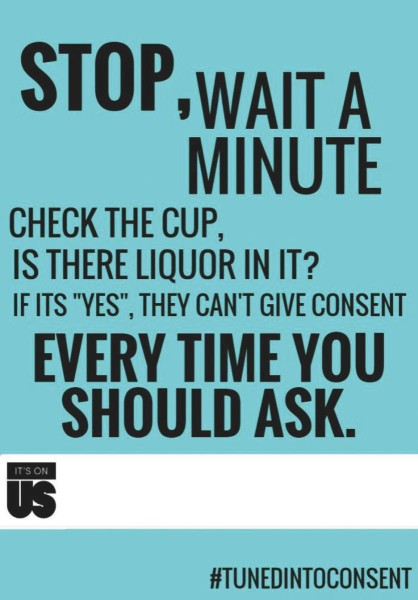Blake Smith recounts how the affirmative consent model — so beloved of the always-online contingent of GenZ — attempts to codify and regulate the sexual dance:
“Is it okay if I touch you?” Half an hour after I’d started chatting with this guy on Grindr he was in my bedroom, beginning a series of questions meant to lead from touching to any number of other acts. I suppose he expected, or hoped for, an enthusiastic “yes!”, signalling what the orientation-day workshops on college campuses call “affirmative consent”. But it didn’t occur to me to answer with the eagerness of a child agreeing to dessert. Instead I tried, with a soft laugh and what I hoped was a seductive “ok”, to seem as if I needed my reticence knocked out of me.
What I got were more questions. “Is this ok? And this?” Soon I began to wonder: “Is it ok?” I’d thought it was when I’d told him to come over. But it’s one thing to want someone in an unspecified way, quite another to start itemising what it is you actually want from them. With my own desire in doubt, I started to feel the very thing this line of interrogation had been meant to avoid. Instead of making consent as simple as saying “yes”, these questions had plunged me into a deeply unsexy uncertainty.
In reading me his sexual questionnaire, my partner was showing me that he’d internalised the ethic of “consent”, which over the past decade has emerged as the dominant liberal framework for distinguishing between moral and immoral sex. At the core of this ethic is explicitness. The purpose is to make sex — and all of its constituent acts — something one can and should directly say “yes” or “no” to, a contract negotiated between individuals.
This model of consent has been roundly criticised for deflating erotic tension, leading to sometimes-cringeworthy campaigns to insist that “consent is sexy” (“If asking for consent ruins sex you’re what? A rapist who sucks at talking dirty?’, reads one viral Tumblr post). But the deeper problem with this model is that it produces, or rather reveals, exactly what it is meant to avoid, which is the ineradicable ambivalence at the heart of sex. In other words, while we can and should maintain a distinction between consensual and non-consensual acts, there is an important sense in which we are never able to say “yes” to sex. Indeed, enjoying sex seems to involve a certain suspension of our usual relationship to ourselves, one in which we are overtaken not so much by the other person as by sex itself.
The original sexual relation — prior to the one we have with any particular person — is our relation to sex itself. This relation is not consensual but something we experience as a given. We are born, we mature, and at some point in this process we discover that we our prisoners of our sexuality. Sex, after all, makes us uncomfortable. It can conjure feelings of disgust and embarrassment. It can be a distraction, an excruciating deprivation, even a source of catastrophic humiliation. We notice how attractive the “wrong” person is — a boyfriend’s brother, an ex, a colleague, a student — and feel violated by our own urges. Sex with a partner works, when and to the extent that it does, in part by letting us suspend our inhibitions and want things without having to admit to ourselves that we want them.




